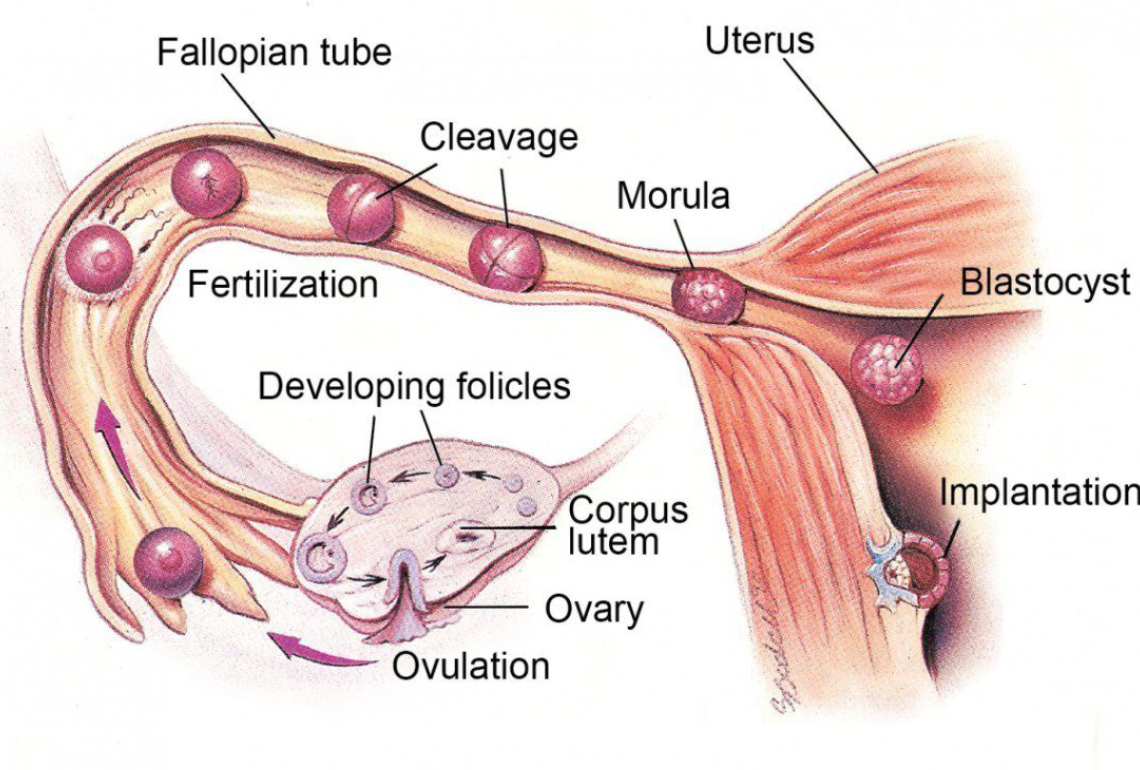

Ovulation induction is a medical procedure that uses hormones to stimulate the ovaries to produce multiple eggs. This can help women with difficulty getting pregnant, such as those with polycystic ovary syndrome (PCOS) or premature ovarian failure.
Ovulation induction is a medical procedure that can help women having difficulty getting pregnant. It involves taking hormones that stimulate the ovaries to produce multiple eggs. The procedure can be beneficial for women who have:
Ovulation induction is a medical procedure that is used to help women who are having difficulty getting pregnant. It involves taking hormones that stimulate the ovaries to produce multiple eggs. The procedure typically takes about two weeks and involves the following steps:

Ovulation induction is a fertility treatment that uses medication to stimulate the ovaries to produce eggs. This is done by increasing the levels of hormones that control ovulation, such as follicle-stimulating hormone (FSH) and luteinizing hormone (LH).
There are two main types of ovulation induction medications: oral medications and injectable medications.
Ovulation induction medications are usually taken for 5-10 days during the early part of the menstrual cycle. Once the ovaries have produced mature eggs, ovulation is usually triggered by human chorionic gonadotropin (hCG) injection. hCG is a hormone miming the natural LH surge that occurs just before ovulation.
Ovulation induction can increase the chances of pregnancy in women who are not ovulating or who ovulate infrequently.

If you are considering ovulation induction, it is essential to talk to your doctor, or feel free to visit Borneo Hospital in Thane.
Ovulation induction is a safe and effective procedure for many women. However, it is essential to note that it is not a guarantee of pregnancy. The success rate of ovulation induction varies depending on the woman's age, medical history, and diagnosis.
Ovulation induction can increase the chances of pregnancy in women with these conditions. The success rate of ovulation induction varies depending on the woman's age, medical history, and diagnosis. However, about 20-25% of women who undergo ovulation induction will become pregnant.